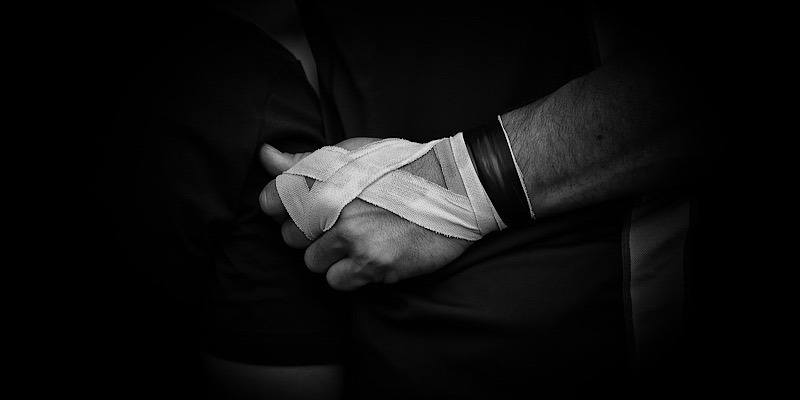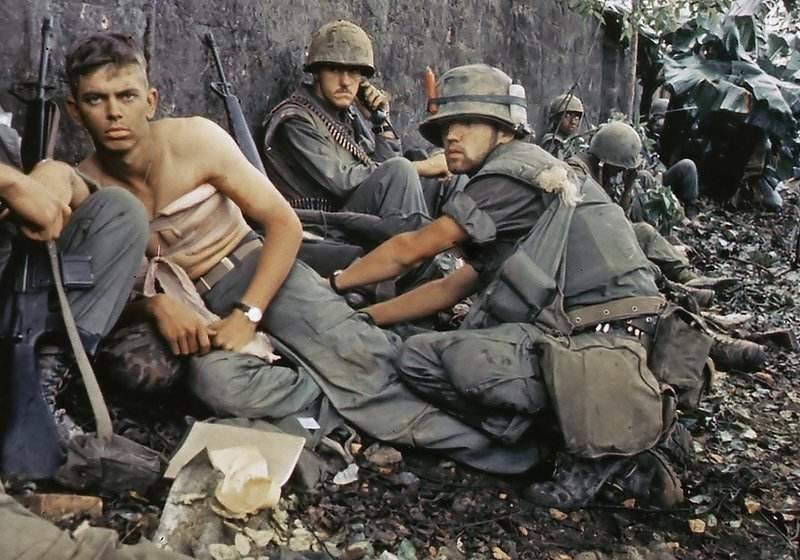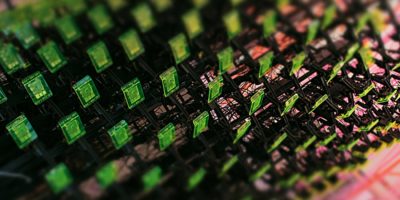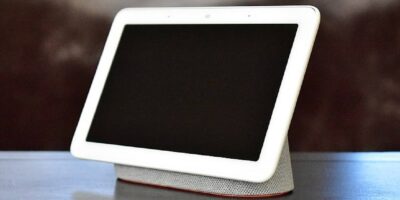
There’s no doubt that the Internet of Things is beginning to make an impact on health care, specifically with personal gadgets such as wearables, but also with devices that can help medical personnel in the field. One such product is being considered for wounded soldiers. DARPA, a U.S. Defense Department agency that researches emerging technology in the military, is looking to develop a smart bandage to help wounded warriors when time is of the essence.
Smart Bandages for Wounded Soldiers
Of course the struggle that immediately comes to mind is that out on the field they don’t necessarily have everything in place usually needed for IoT, namely Wi-Fi and electricity. But the hope is that researchers will be able to create a smart bandage that bypasses those shortcomings.
Think of a normal cut or scrape that you experience. It needs time as well as some way to keep it out of the elements so that your immune system can take over and heal the affected area.
But the wounds that soldiers receive are much more serious and also dealing with many more complications. Time and cover to keep injuries out of the elements and promote healing aren’t always possibilities.
A DARPA program, Bioelectronics for Tissue Regeneration (BETR) is putting money into researching treatments and devices that “closely track the progress of the wound and then stimulate healing processes in real time to optimize tissue repair and regeneration.”

Paul Sheehan, BETR program manager, explained in a news release, “Wounds are living environments, and the conditions change quickly as cells and tissues communicate and attempt to repair.”
He explained more precisely what they are looking for in a smart bandage. “An ideal treatment would sense process and respond to these changes in the wound state and intervene to correct and speed recovery. For example, we anticipate interventions that modulate immune response, recruit necessary cell types to the sound, or direct how stem cells differentiate to expedite handling.”
In the case of a soldier who is wounded on the battlefield, they don’t have the medical personnel to watch over them as they heal. So a smart bandage would not only help that healing process along but would also monitor that healing process.
If an Apple Watch can now monitor your heart rate for dangerous conditions such as atrial fibrillation, it doesn’t seem too far-fetched that they could develop some type of smart bandage that could monitor a wound, which seems like it may be easier than monitoring the heart.
The Four-Year Search
BETR was given four years to be able to create a “closed-loop, adaptive system” for a bandage that can address the needs of wounded soldiers and improve the quality of care they receive on the battlefield.
It doesn’t sound far-fetched at all and appears to be a worthwhile project. And perhaps once they apply such a thing to the battlefield, maybe they could find a way to then market the same tech to the home market.
What do you think of this project to create a smart bandage to help wounded soldiers on the battlefield? Add your thoughts to the comments below.












